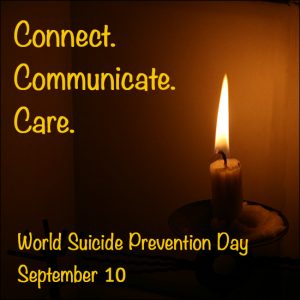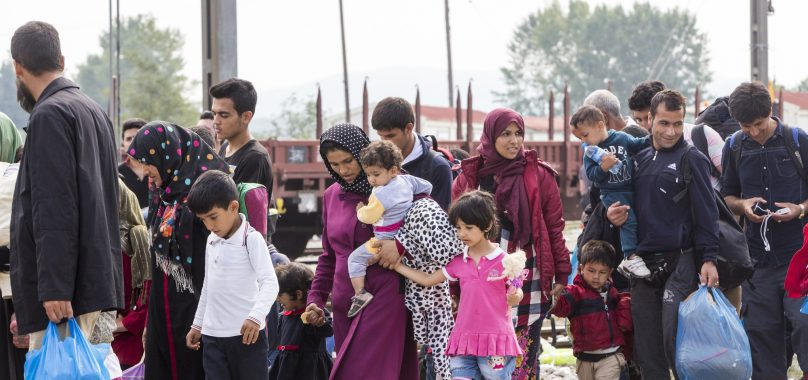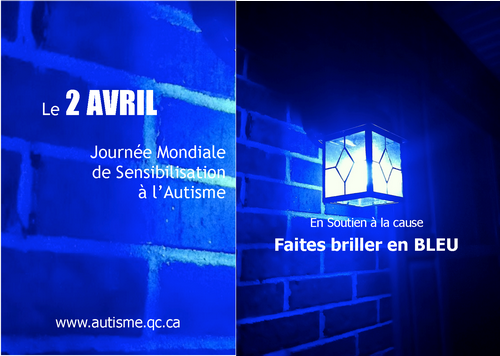 History of World Suicide Prevention Day
History of World Suicide Prevention Day
It’s a tragic situation, with the death toll coming in at 42,773 people committing suicide each year in the United States alone, and for each one of those 25 people made the attempt. Over the world it’s even greater, an estimated 800,000 people commit suicide each year throughout the world, which is one every 40 seconds. What’s incredible is that just like the US statistic, it’s estimated that 25 times that attempt it, 4 million people over the world every year. There’s something of a ripple down effect that happens as well, those bereaved by the loss of a loved one to suicide are themselves more likely to commit suicide.
Thankfully there are organizations like the World Health Organization who fight to combat this epidemic. With the philosophy of ‘Connect, Communicate, Care’ they work to create a world in which suicide rates are reduced or even eliminated.
How to celebrate World Suicide Prevention Day
Celebrating World Suicide Prevention Day involves working to help fight suicide. One of the most effective techniques for this is following the ideals listed above. Connect with those who you discover may be in some form of emotional distress or considering suicide. Let them know they aren’t alone, and feel free to share bits of yourself in return, true connection requires a sharing, and those who are considering suicide are often adept at detecting false ones.
You also have to open the venues of Communication, to be able to truly let others feel like you’re a safe place they can come to and be taken seriously without judgement. Too often are those suffering from real debilitating depression and suicidal ideation met with comments like “You’re just making it up” or “You’re being melodramatic”, when in fact their struggles are very real. World Suicide Prevention Day encourages you to truly care about those around you, and to work to help end the epidemic before it claims someone you love.
Source: Text: DAYSoftheYEAR.com Image: inspiremalibu.com

 Le mot Blog est issu du mélange entre Web et Log c’est à dire littéralement un carnet de bord sur le net.
Le mot Blog est issu du mélange entre Web et Log c’est à dire littéralement un carnet de bord sur le net.

 International day of the deaf. This day is celebrated worldwide on the initiative of the UN on the last Sunday of September, in honor of the establishment in 1951 of the International Federation of the deaf.
International day of the deaf. This day is celebrated worldwide on the initiative of the UN on the last Sunday of September, in honor of the establishment in 1951 of the International Federation of the deaf.
 The first World Television Forum was staged by the United Nations in the mid ’90s, and it was out of this event that World Television Day was born. The forum brought together leading figures from the media industry to analyze the growing impact that TV had on decision-making and public opinion when it comes to issues of peace and security around the planet.
The first World Television Forum was staged by the United Nations in the mid ’90s, and it was out of this event that World Television Day was born. The forum brought together leading figures from the media industry to analyze the growing impact that TV had on decision-making and public opinion when it comes to issues of peace and security around the planet. This day is celebrated worldwide on the initiative of the UN on the last Sunday of September, in honor of the establishment in 1951 of the International Federation of the deaf.
This day is celebrated worldwide on the initiative of the UN on the last Sunday of September, in honor of the establishment in 1951 of the International Federation of the deaf. World Telecommunications Day celebrates the constant evolution of one of the most important factors of our lives: communication. The main goal of World Telecommunications Day (WTD) is to highlight the importance of communication and how information travels across the world. It also aims to increase awareness of how crucial communication is in our lives, and stimulate the development of technologies in the field.
World Telecommunications Day celebrates the constant evolution of one of the most important factors of our lives: communication. The main goal of World Telecommunications Day (WTD) is to highlight the importance of communication and how information travels across the world. It also aims to increase awareness of how crucial communication is in our lives, and stimulate the development of technologies in the field.